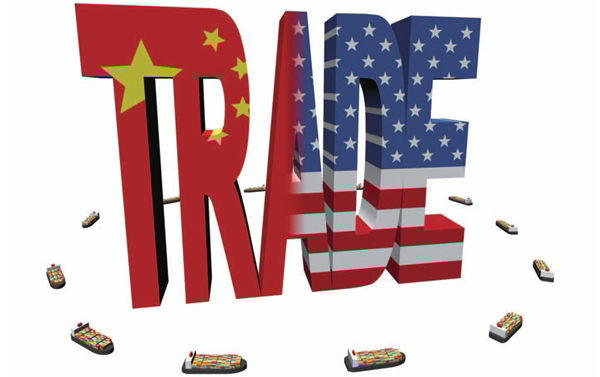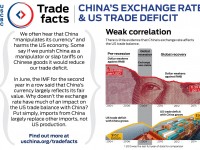
He Weiwen, Senior Fellow, Center for China and Globalization, CCG
Dec 13, 2016
In today’s world trade, the production process — from product design, raw material procurement, financing, manufacturing, final assembly, marketing and logistics — normally stretches across many countries. Many products in international trade are known as “global products”. Globalization has produced huge cost-savings on industrial and consumer goods at every level, and any effort to restrict American businesses to sourcing and production in the US will shrink the domestic economy instead of expanding it.
Cui Liru, Former President, China Institutes of Contemporary International Relations
Oct 31, 2016
China-US relations have reached a new historic juncture, which is characterized by new dynamics in the interactions between the two countries at a strategic level. The result is a new configuration of China-US relations that will be stable if the US can set aside its eagerness to be dominant across the globe.
Wu Sike, Member on Foreign Affairs Committee, CPPCC
Oct 14, 2016
Economic and trade cooperation plays a prominent role in the global economic governance system. With both countries facing new economic environments and opportunities, it’s extremely importance to deepen cooperation for their own benefits and for overall global prosperity.
Susan Chan Shifflett, Program Associate, Wilson Center’s China Environment Forum
Sep 14, 2016
The missions of the U.S. Trade and Development Agency (USTDA) is to help companies create U.S. jobs by exporting U.S. goods and services to emerging economies. As China’s installed power capacity is expected to grow over the next century, members from China’s State Grid visited a factory in South Dakota to upgrade its tools used to maintain power grids around the country.

Eric Harwit, Professor, University of Hawaii Asian Studies Program
Aug 31, 2016
A key federal committee has just blessed what would be the largest-ever Chinese overseas investment, the $43 billion takeover of the giant farm pesticide and seed corporation, Syngenta. In doing so, the U.S. government is showing acquiescence when issues of national security or key resources are off the table. However, it may also be taking a risk with American food safety.

Aug 25, 2016
The US-China Business Council has released the key findings of its 2016 annual member survey. For the past 11 years, USCBC has polled its members on their business performance in China and their priority issues.
Fernando Menéndez, Economist and China-Latin America observer
Aug 25, 2016
Donald Trump’s nomination as the presumptive GOP candidate has come amid global alarm that the openly protectionist candidate will launch a series of anti-free trade initiatives if elected. However, a trade war with Mexico, and even more so with China, would have catastrophic consequences for the U.S. economy.
Yu Xiang, Senior Fellow, China Construction Bank Research Institute
Aug 15, 2016
The economic relationship should have evolved with China and U.S. economies’ “New Normal”, but a variety of fears are in the way. The U.S. would like to decrease its reliance on consumption as the engine of growth, relying more on domestic investment and exports. China seeks more consumer spending, and less reliance on domestic investment and exports. Those goals are highly complementary and mutually reinforcing, creating opportunities that should not be missed.
Wu Sike, Member on Foreign Affairs Committee, CPPCC
Aug 11, 2016
Despite US claims that China has too many restrictions on investment, and a US election year that’s elevated anti-trade forces, both countries have every reason to move quickly to complete a bilateral trade agreement.

Jul 27, 2016
We often hear that China “manipulates its currency” and harms the U.S. economy. Some say if we punish China as a manipulator or slap tariffs on Chinese goods it would reduce our trade deficit. But what does currency manipulation mean? More importantly, would tariffs on Chinese goods help our economy?
Back to Top

- China-US Focus builds trust and understanding between the U.S. and China through open dialogue among thought leaders.
- Our Offerings
- Topics
- Videos
- Podcasts
- Columnists
- Research Reports
- Focus Digest
- Stay Connected
-
Thanks for signing up!
- Get the latest stories from China-US Focus weekly.